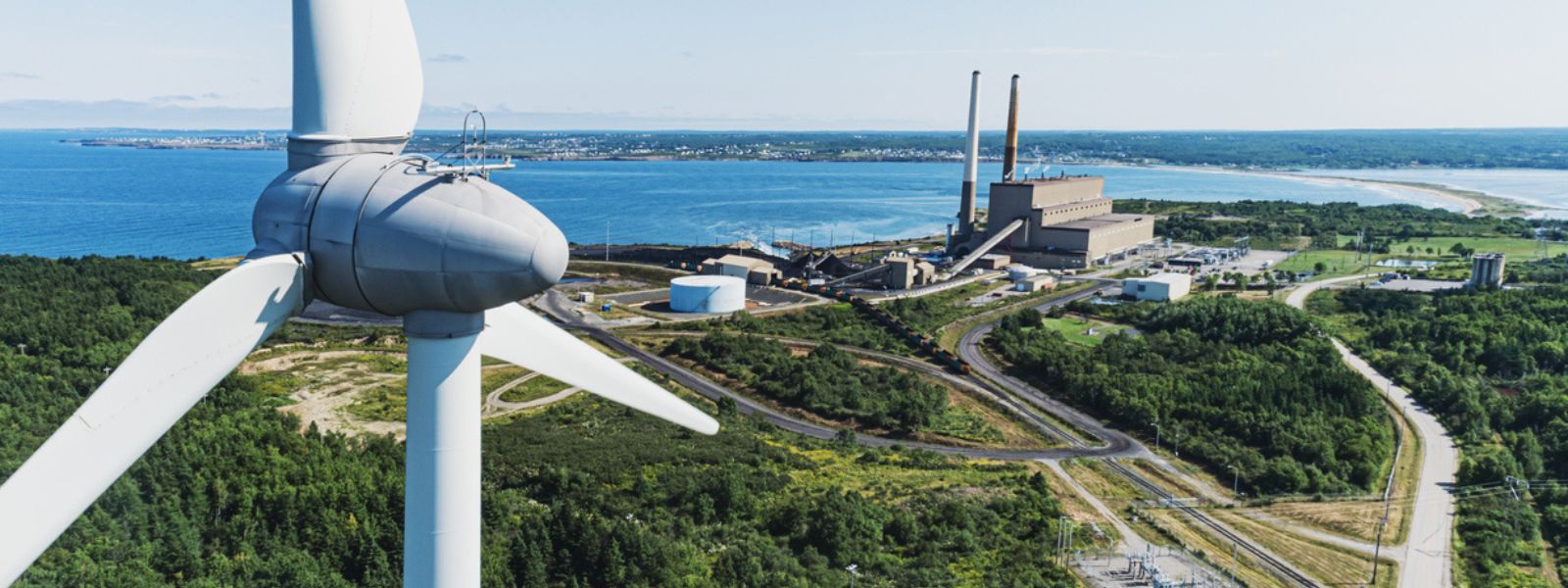
Recommendations for a “made-in-Canada” approach
As the shift toward clean energy gathers speed, fuelled in part by the U.S. Inflation Reduction Act, Canada is under pressure to accelerate the flow of private investment to fund the country’s energy transition.
Our research shows that Canada can succeed and remain competitive without trying to match the subsidies and incentives in the Inflation Reduction Act, by using limited public funds to leverage private investment.
New analysis suggests adopting a “made-in-Canada” approach: one that ensures Canada can remain competitive through additional policy supports and increased certainty to attract capital investment. Canada’s clean growth strategy needs to be tailor-made to current circumstances to secure a strong position in the newly competitive landscape and future clean prosperity.
A made-in-Canada approach to clean growth
Canada’s clean-growth challenges require a strategic and urgent response. Targeted financial incentives and public investments can effectively and efficiently mobilize private capital by addressing remaining market distortions. While this policy brief focuses primarily on the Canada Growth Fund and the Investment Tax Credit for clean technologies, the findings are applicable more to decisions at both a federal and provincial-territorial level for policies that direct private capital towards clean growth projects.
The Institute’s research from March 2023 has seven recommendations, including:
- Orient public support around fixing market and policy failures, to avoid over-subsidizing projects that would have been economically viable without, or with less, government support.
- Clean growth policies will be most effective when governments step in to support projects that deliver benefits to society that markets alone won’t deliver. Smart, targeted policy will drive emissions reductions and decrease fiscal costs.
- A key first step would be to release the carbon price schedule beyond 2030 and consider carbon contracts for differences.
- Use financial support instruments that optimally share risks and returns between the Canadian public and private investors.
- Policies to support clean growth projects create different risks and returns. Canada must support a balanced portfolio of wild card and safe bet solutions, and its policies to mobilize private capital need to reflect this goal.
- The Canada Growth Fund should deploy support instruments with limited public risk exposure more broadly, and should reserve high-exposure instruments for a limited number of high-risk-high-reward projects.
- Build “exit strategies” for public support.
- Clean growth projects should not receive public support for an unlimited amount of time. Government support policies should cease once the project achieves profitability.
- However, phasing out public support to specific industries is never easy in political terms. Canada should therefore establish well-defined “exit strategies” in the policy design ahead of time.
- Ensure the Canada Growth Fund’s governance models combine a clear mandate with political independence and strong accountability.
- Apolitical governance and independence from industry lobbying is crucial for ensuring that investment decisions are based on the quality of the project. Independence is also essential for building investors’ trust in the new Fund.
- At the same time, strong accountability mechanisms ensure responsible spending of public dollars and instill public trust.
- Require that the Fund’s investment portfolio has a minimum share of projects with Indigenous majority ownership.
- Policies to support clean growth projects must promote Indigenous economic reconciliation and Indigenous economic leadership in Canada’s net zero transition. Failing to do so puts the effectiveness of these policies at risk.
To reach net zero emissions and build a vibrant, inclusive and resilient economy, Canada needs to ramp up private investment – and fast – to support clean technologies, projects and businesses. The risks of not doing so could leave Canada uncompetitive in a global economy that is rapidly transitioning to cleaner energy.
Canada’s track record mobilizing private investment has been lacking. This report aims to help Canadian governments attract investment to advance clean growth as quickly and as efficiently as possible.
Policy Brief
Scoping papers
Case studies
A series of international case studies that consider promising policy instruments from around the world. Each study assesses the strengths and limitations of a different policy instrument.
Blogs
Coming soon
Guidance on phasing out public finance for fossil fuel production.
